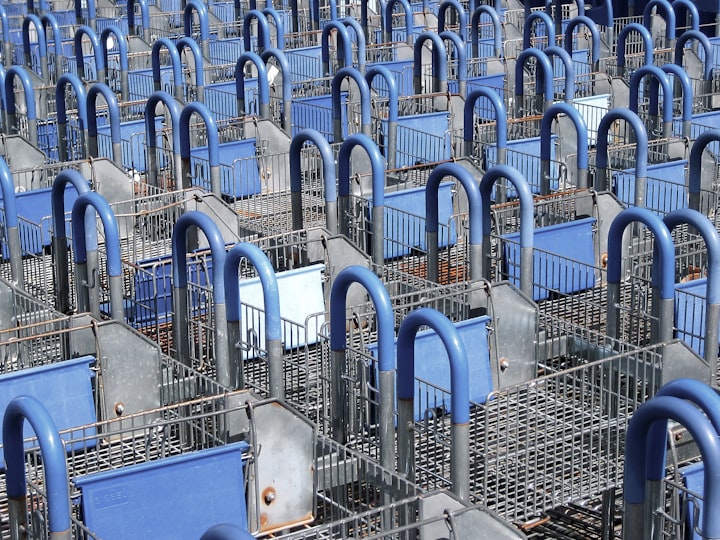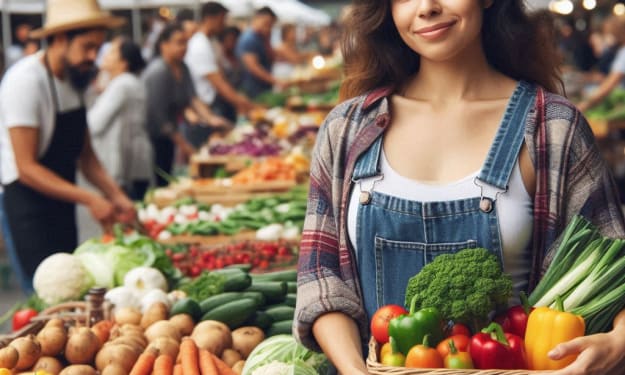Brits are obsessed with snacks, here's why
Traditional wisdom is to eat three healthy meals a day and avoid snacking in between them. Like much of traditional wisdom, this is a reasonable enough principle.
Traditional wisdom is to eat three healthy meals a day and avoid snacking in between them. Like much of traditional wisdom, this is a reasonable enough principle. It does not, however, necessarily suit modern lifestyles. For most people, healthy snacking is a real boost to their day.
To explain further, Claire Shaw, Senior Graphic Designer at SOS Wholesale, shares her insight into why us Brits are obsessed with snacks!
Snacking breaks the gaps between meals
Commuting, meetings, shift-patterns, all of these and many more can see people having to go long stretches without proper meals. Snacks are a way to fill the gap so people can keep on going until they can get a proper break.
This fact has now been recognized by many employers, if not consciously. It’s one of the (admittedly many) reasons why it’s so popular to have snacks on-site. The snacks may even be free or subsidized. Employees appreciate the perk. Employers appreciate the fact that helping employees boost their energy levels also helps to make them more productive.
You can snack on the go
This is really an extension of the previous point but it deserves a mention on its own. Over recent years, there has been a growing trend of “living on the move” to various extents. Currently, the pandemic has curtailed this somewhat although it certainly hasn’t put a stop to it.
Once COVID19 is finally brought under full control, there is very likely to be a substantial increase in people leading highly mobile lives. In some cases, this will be through circumstances, for example, work. In other cases, it will be through choice, essentially “shaking off” the pandemic-enforced lifestyle.
Snacking is a welcome diversion
Everyone knows the experience of hitting a mental wall. In fact, it’s an experience most people will have fairly regularly. The standard advice for dealing with this is to create a diversion. This essentially stops you from focussing on your block and encourages your mind to re-engage.
The strategy is often very successful. That’s why everyone also knows the experience of taking a break, looking at a problem again and suddenly coming up with the answer. Taking a “snack break” is often a double win. It gets you away from your workspace and tops up your energy levels.
People like to be prepared
This is another tendency that has been highlighted (and entirely justified) by the pandemic. Many people liked to keep at least a few snacks about them “just in case”. These would often be a combination of filling snacks, treats and “personal-care” snacks like mints or chewing gum. Parents especially often liked to stock up to avoid “hangry” children.
People might currently be going out and about less than they used to. When they are, however, they are very likely to want to have some snacks with them “just in case”. As the pandemic ebbs, the desire to “stock up” may diminish somewhat (at least over time). It will, however, probably be counterbalanced by the increased number of people.
Healthy snacking is the way to go
The snack industry used to have a reputation for producing “junk food”. Up until fairly recently, there was quite a bit of truth in that. To be fair, however, at the time, it was what consumers wanted. Now there is more knowledge and awareness of nutrition, consumer tastes have shifted. The snack sector has listened and responded.
Currently, the preference is for low-sugar and hence low-calorie snacks. The over-55s tend to prioritize reducing or eliminating sugar from their snacks. The 18-24s want low-calorie snacks but are not specific about minimizing sugar. That said, there is a distinct correlation between minimizing sugar and minimizing calories.
Millennials are, technically, the exception. They most value protein-rich snacks. With that said, snacks which are high in protein will probably be low in sugar. They may not, however, be low in calories although in many cases those calories can be justified by the overall nutritional value of the snack.
About the Creator
Claire Shaw
Claire Shaw is the Senior Graphic Designer at SOS Wholesale, a family run business who are one of the UK's largest discount delivered wholesalers.
Enjoyed the story? Support the Creator.
Subscribe for free to receive all their stories in your feed. You could also pledge your support or give them a one-off tip, letting them know you appreciate their work.







Comments
There are no comments for this story
Be the first to respond and start the conversation.